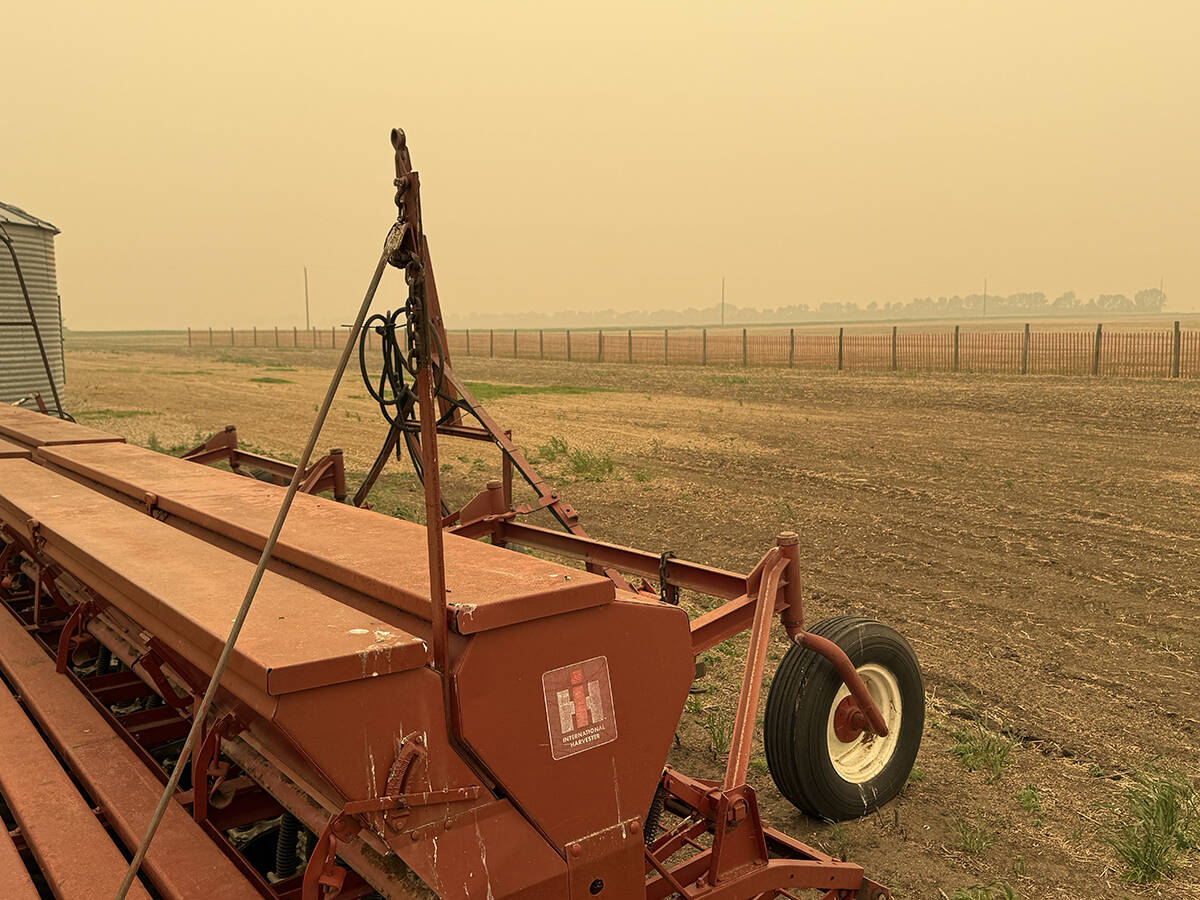A report on how to fund education in Manitoba got a failing grade from the province’s general farm group last week.
The report, prepared by the Minister’s Working Group on Education Finance, suggests the mill rate should be blended so it is the same for farms across the province. The report also suggests that the province could devote more money from general revenues to fund education, possibly increasing the provincial sales tax to support such a move.
After reviewing the report, Keystone Agricultural Producers gave it two thumbs down. KAP president David Rolfe said it fell short of what farmers in the province need.
Read Also

Wildfires have unexpected upside this year
One farmer feels smoke from nearby wildfires shrouded the July skies and protected his crop from the sun’s burning rays, resulting in more seeds per pod and more pods per plant.
“It didn’t offer any workable solutions for agriculture,” he said. “It was two years of wasted time almost.”
Manitoba farmers pay for education via property taxes on their homes along with a special levy on farmland and production buildings. KAP has lobbied for years to have the special levy removed so that farmers would support education through residential property taxes, the same way as non-farmers.
Such a move would give the province’s farmers at least $45 million in tax relief, Rolfe said. Considering the state of agriculture, having to pay the special levy is a bitter bill for producers to swallow.
Blending the mill rate so it is the same across the province could bring taxes down for many producers, but there would be others who would see taxes rise. At the end of the day, the overall amount of money coming out of the pockets of Manitoba producers would remain about the same, Rolfe said.














